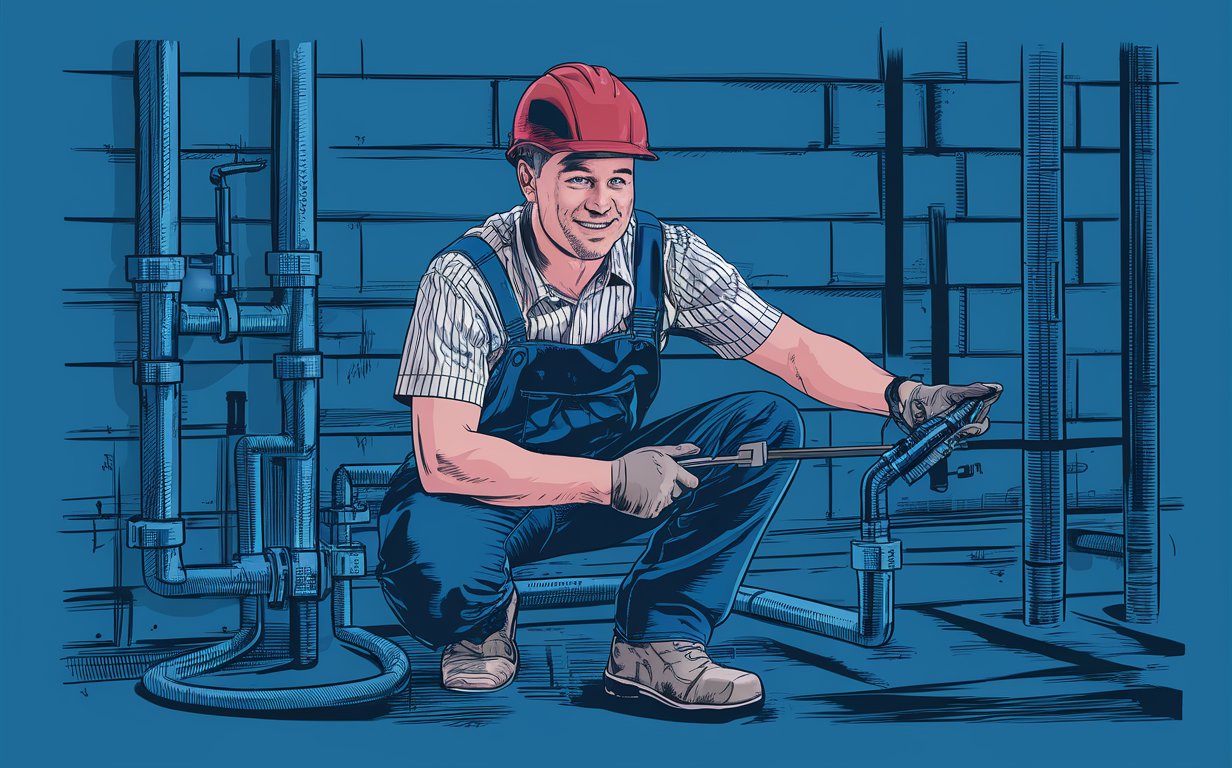Becoming a master plumber typically takes between 7 to 10 years. This timeline includes several key stages: completing educational requirements, gaining practical experience, and obtaining necessary licenses and certifications. The process is rigorous and involves both formal training and hands-on work to ensure that individuals are thoroughly prepared for the complexities of advanced plumbing tasks.
The journey starts with a high school diploma or GED, followed by vocational training or plumbing school. After gaining initial skills, aspiring plumbers enter an apprenticeship program, which usually lasts 4 to 5 years. Following this, they must work as a journeyman plumber and accumulate additional years of experience before they can sit for the master plumber exam.
What Is a Master Plumber?
A master plumber is a highly skilled and licensed professional who has achieved the highest level of certification in the plumbing field. They have extensive knowledge of plumbing systems, codes, and regulations, and they are responsible for overseeing complex plumbing installations, repairs, and inspections. Master plumbers often manage teams and ensure that all plumbing work meets regulatory standards.
Master plumbers may specialize in various areas of plumbing, including:
- General plumbing
- Pipefitter
- Steamfitter
- Pipelayer
- Sprinkler fitters
- Gas fitter
- Backflow prevention
How to Become a Master Plumber in NYC
Becoming a Master Plumber in New York City requires a combination of education, practical experience, and passing several exams. Here’s a step-by-step roadmap to guide you through the process:
The timeline to become a master plumber generally involves the following steps:
- Complete a high school diploma or GED (1-2 years).
- Enroll in a plumbing school or vocational training program (6-12 months).
- Enter a Plumbing Apprenticeship Program (4-5 years).
- Gain additional experience as a journeyman plumber (2 years).
- Prepare for and pass the master plumber exam.
In total, the process typically spans 7 to 10 years, depending on individual progress and state-specific requirements.
Plumbers Vs Master Plumbers
Plumbers and master plumbers both work in the field of plumbing, but their roles and responsibilities differ significantly. Plumbers typically perform installation, maintenance, and repair tasks under the guidance of more experienced professionals. They might work on residential, commercial, or industrial systems but do not usually have the advanced certification required for more complex projects.
Master plumbers, on the other hand, have achieved a higher level of expertise and certification. They often oversee plumbing projects, ensure compliance with building codes, and handle intricate plumbing issues. Master plumbers are also responsible for training and mentoring other plumbers, and they may be involved in administrative duties and business management.
What’s The Difference Between Plumbing Trade Schools And Plumbing Apprenticeships?
Plumbing schools provide theoretical knowledge and hands-on training in a classroom setting. They cover essential topics such as plumbing codes, safety regulations, and installation techniques. Apprenticeships, however, offer real-world experience under the supervision of experienced plumbers. Apprenticeships are crucial for gaining practical skills and applying the knowledge learned in school to actual plumbing tasks.


